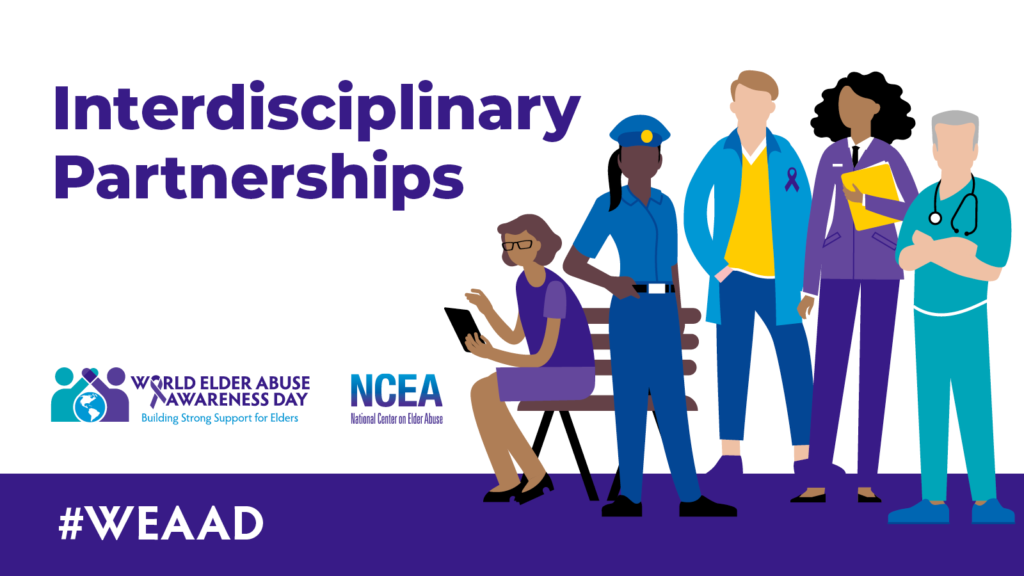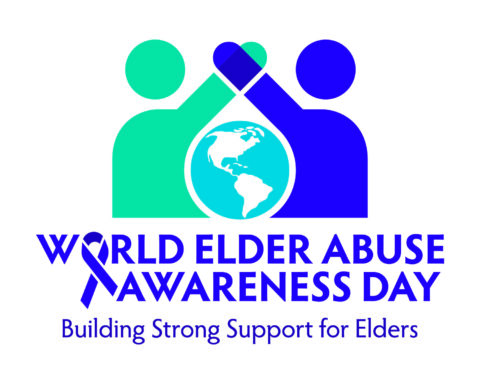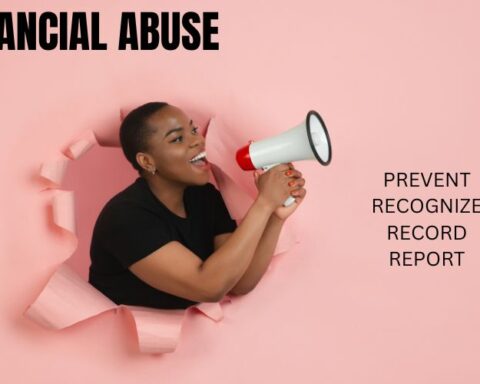World Elder Abuse Awareness Day | USC Center for Elder Justice

Protect our Communities from Scams
Everyone has a right to safety and justice. However, it is estimated that millions of older adults, from all walks of life encounter harmful scams every year. We are not providing the necessary supports needed to keep everyone safe and engaged as we age. Ageism (biases against or stereotypes about older people that keep them from being fully a part of their community) also play a role in enabling elder abuse. By changing these contributing factors, we can prevent elder abuse and make sure all of us have the opportunity to thrive as we age. Here are things we can do to help protect our communities from abuse and neglect:
Build Supports
If we think of society as a building that supports our wellbeing, then it makes sense to design the sturdiest building we can-one with the beams and a solid foundation and walls necessary to keep everyone safe from scams and healthy as we age.
- We can construct community supports and human services for family caregivers and older adults to alleviate risk factors tied to elder abuse like ageism(bias against older adults in our culture) or social isolation.
- We can increase funding to support efforts to train service providers in how to prevent and detect scams when workin with older adults.
- And we can create, maintain and improve organizations like consumer protections agencies that work to stop scams and make sure companies, banks and lenders treat us fairly.
Is it A SCAM??
- Is the sales person using high pressure sales tactics? Scams often say things like, “Act Now!”; “Time is
running out!”; “This is a onetime offer!” - Are you being asked to pay upfront fees? Lottery and sweepstakes scams often employ this tactic.
If you really won something the fees can be taken out of your winnings. - Are you being told that you won a contest that you didn’t enter? Lottery and sweepstakes scams almost always start this way. You can’t win a contest that you didn’t enter.
- Have you been scammed in the past? Often scam victims have their personal contact information sold to other con artists. You may get unsolicited calls from people promising to get your money back or provide other remedies or offers. These ‘offers’ can be scams too. Beware!
- Did you receive unsolicited mail, emails, or phone calls for services that you were not seeking? Research the companies that you want to employ. Many scams begin with someone knocking on your door offering services, or sending out promotional materials. This often happens in the case of home repair scams.
- Are you being contacted by the police over the phone? Verify that they are who they say they are. Some scams begin with a person pretending to be a police officer who tells you that they are concerned that you have been a victim of a crime. They then proceed to solicit your personal information. In truth, the police will contact you in person if they have questions for you or believe that you have been a victim of a crime.
How to Protect Yourself
- Sign up for the Do Not Call Registry at www.donotcall.gov.
- When no longer needed, shred junk mail, old bills, bank statements and any other documents that
have personal identifying information. - Don’t give out personal information over the phone unless you originated the call and you know with
whom you are talking. Particularly safeguard your social security number. - It is ok to be rude. If a sales person calls you or comes to your door who does not seem to be taking no for an answer, it is ok to terminate the conversation. Hang up the phone or close the door. You don’t have to let yourself be pressured into anything.
- Never sign something that you don’t understand. Have a trusted and unbiased professional assist you when enter contracts or signing legal documents.
- If you hire someone for personal assistance services, in home care services, etc. ensure that they have been properly screened with criminal background checks completed.
- Learn about scams and stay informed
– Sign up for AARP’s Fraud Watch:
https://action.aarp.org/site/SPageNavigator/FWN_Registration_Page.html
– Check out AARP’s interactive national fraud map:
http://action.aarp.org/site/PageNavigator/FraudMap.html
– Consumer Financial Protection Bureau offers information and tools for older Americans:
www.consumerfinance.gov/older-americans
– The Financial Fraud Enforcement Task Force offers resources and reports to help protect yourself
against common types of frauds and scams: www.stopfraud.gov/protect.html
– Stay alert to common frauds and scams by checking consumer protection sites such as
www.Fraud.org
– External Web Site Policy and FBI Common Fraud Schemes:
www.fbi.gov/scams-and-safety/common-fraud-schemes






